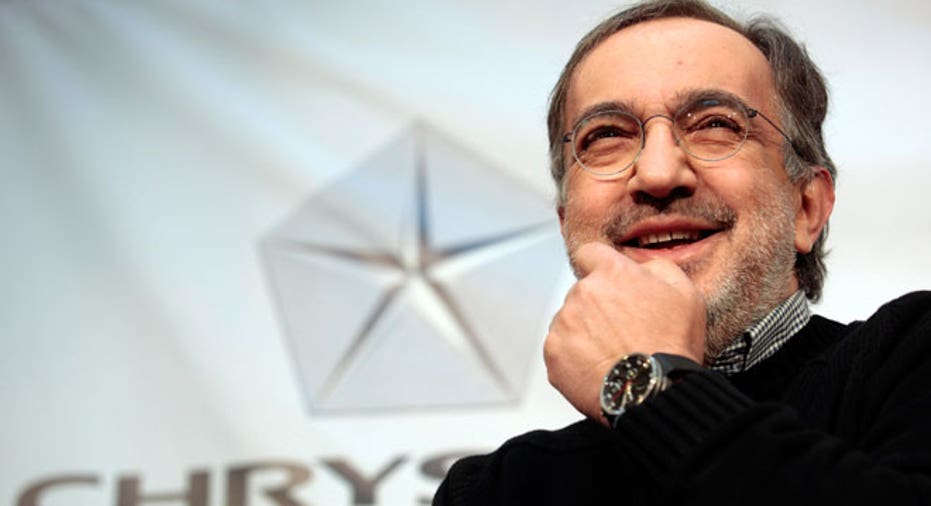Fiat Chrysler CEO Sees Toyota, VW, and Ford as Only Merger Candidates

Toyota, Volkswagen and Ford are the only remaining potential merger candidates for Fiat Chrysler, since its attempt to join up with GM has been rebuffed, Chief Executive Sergio Marchionne said on Friday.
Marchionne has long called for mergers of big players in the industry to help reduce the prohibitive costs of developing more technologically advanced cars that pollute less, but his preferred target GM has repeatedly refused to engage in talks.
"The door (on M&A) has never closed, the need to consolidate does not go away," he said on the sidelines of a shareholder meeting in Amsterdam.
Marchionne, whose mandate at FCA is due to run out in 2018, said Korean carmakers were among the big players in the industry and there would be sufficient synergies to justify a merger, but "the Koreans don't get married".
The major South Korean carmaker is Hyundai Motor.
In the absence of a merger partner, Marchionne has been focusing his efforts on executing the company's ambitious investment plan to 2018, focused on revamping its Jeep, Alfa Romeo and Maserati brands and eliminating FCA's debt.
The CEO said he was open to the possibility of the company starting to pay dividends again before 2018, on condition the carmaker is first free of debt.
His comments about industry consolidation follow a renewed pitch for an alliance by FCA Chairman John Elkann a day earlier, who said a combination of FCA with one of the "Big Guys" could yield annual savings close to $10 billion.
"But you need two to tango and most of our competitors are busy with the great opportunities that technological disruption has to offer," Elkann said in a letter to shareholders of Exor <EXOR.MI>, referring to a focus on new developments such as car sharing and self-driving vehicles.
Exor is the investment vehicle through which Italy's Agnelli family controls FCA.
Elkann said selling cars would still be a "massive industry" in 2030, by when new sales are expected to be worth $4 trillion, up from $2.75 trillion in last year.
"Boring old car makers need to figure out how to make this profitable and guard against falling into the 1990's trap of ignoring that business while chasing profits in other parts of the value chain," he said.
(Reporting by Agnieszka Flak; editing by David Clarke)



















